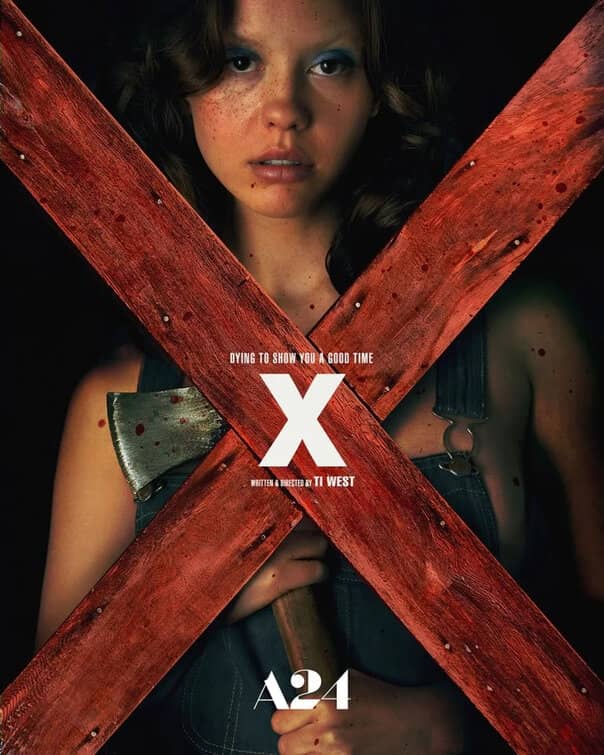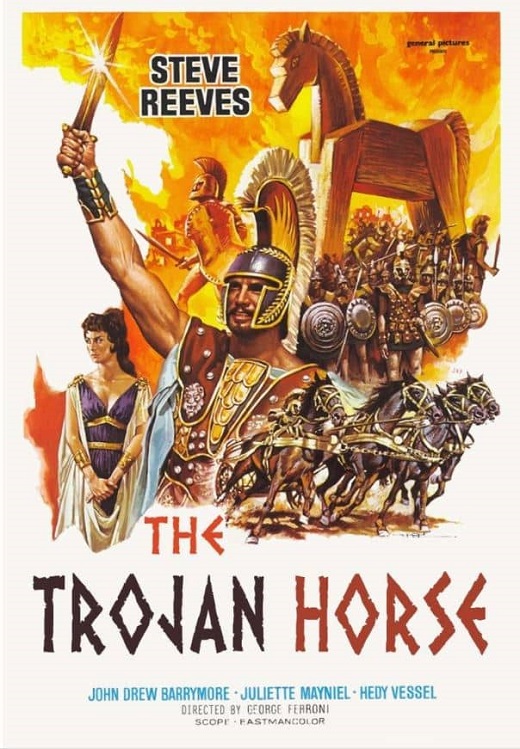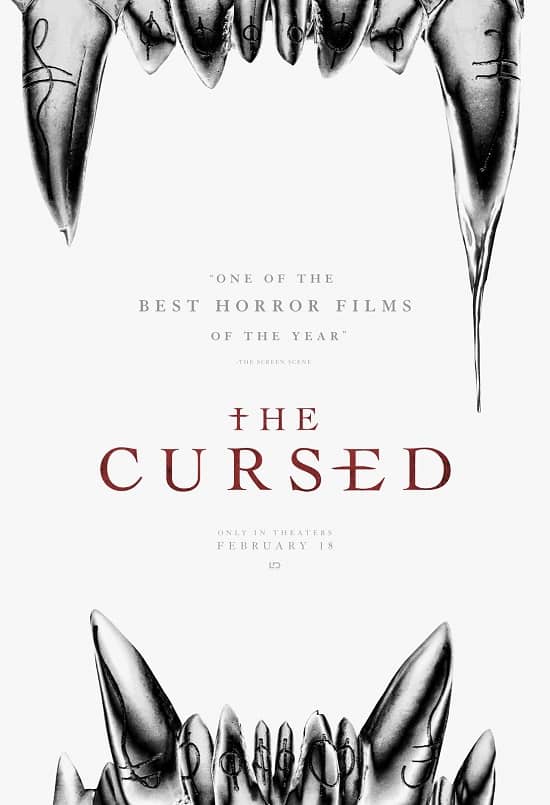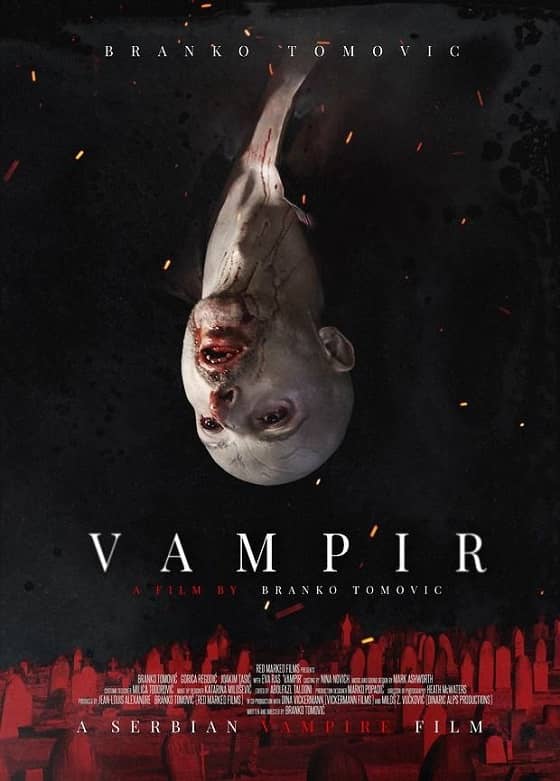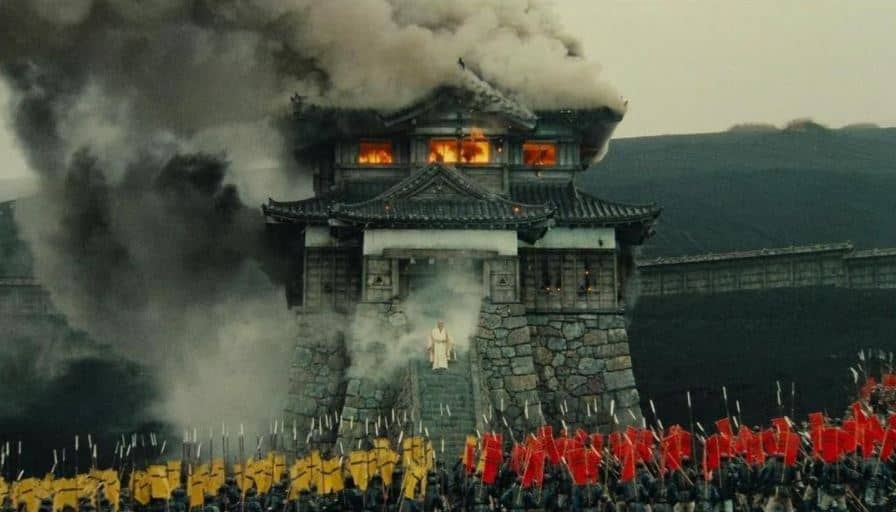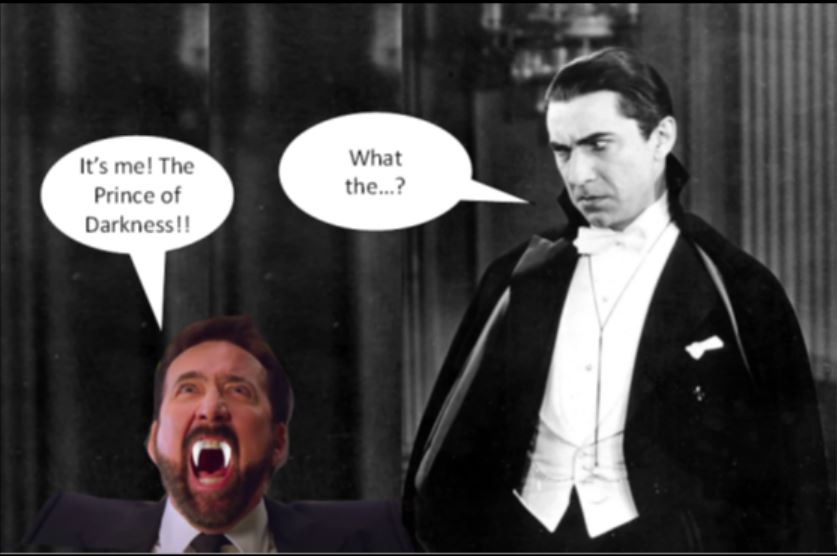Goth Chick News: Horror, Humor and Porn – What More Could We Ask…?
It’s as if Hollywood, or at least director Ti West, finally granted Black Gate photog Chris Z’s greatest wish.
Though his suggestions for movies I need to review have never it past the Big Cheese John O (“We do NOT work blue at Black Gate”), Chris Z takes enormous pleasure in creating fake email accounts and sending in suggestions like, “Please have Goth Chick review Zombeavers!” or “I’d love to read Goth Chick’s take on Zombies vs. Strippers!” Never mind that even if I had an inclination to accommodate Chris Z’s suggestions with more than an eyeroll, getting my hands on these movies requires using my credit card number in places it definitely shouldn’t be left on its own.
So, color me shocked when I learned about the movie X and the fact I could actually pull up into my local AMC Theater and see it, which I fully intend to do ASAP.
